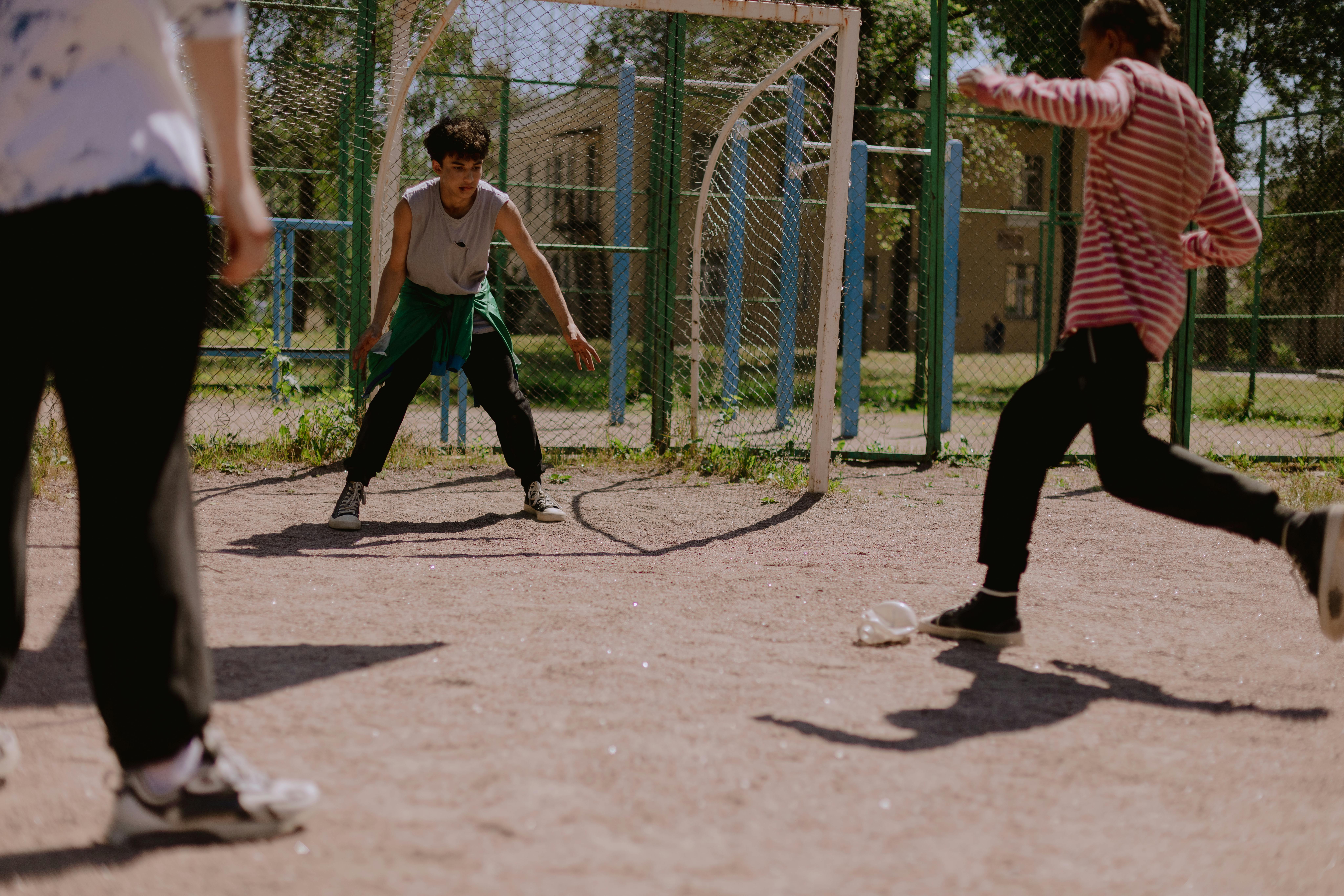
Depression among young people is a growing concern worldwide. However, research consistently shows that regular physical activity can significantly reduce the risk of depression in adolescents and young adults. Engaging in physical activities not only enhances physical health but also plays a crucial role in improving mental well-being.
The Link Between Physical Activity and Mental Health
Physical activity has been shown to have immediate and long-term benefits for mental health. Engaging in regular exercise can improve mood, reduce feelings of anxiety and depression, and enhance overall emotional well-being. This is particularly important for young people, as adolescence is a critical period for mental health development.
A systematic review and meta-analysis of randomized controlled trials found that physical activity significantly reduced depressive symptoms in adolescents and young adults. The study concluded that exercise is an effective intervention for depression in this age group, with moderate-intensity aerobic exercise being particularly beneficial .
Mechanisms Behind the Benefits
Several mechanisms explain how physical activity can alleviate depressive symptoms:
- Neurochemical Changes: Exercise stimulates the release of endorphins and other neurotransmitters that promote feelings of well-being and reduce pain perception.
- Improved Sleep: Regular physical activity can lead to better sleep patterns, which are often disrupted in individuals with depression.
- Enhanced Self-Esteem: Achieving fitness goals and improving physical health can boost self-confidence and self-worth.
- Social Interaction: Group sports and physical activities provide opportunities for socializing, reducing feelings of isolation and loneliness.
- Stress Reduction: Physical activity helps in managing stress by reducing levels of cortisol, the body's primary stress hormone.
Recommendations for Young People
To harness the mental health benefits of physical activity, young people are encouraged to:
- Engage in Regular Exercise: Aim for at least 30 minutes of moderate-intensity exercise most days of the week.
- Participate in Team Sports: Team activities not only improve physical health but also provide social support and a sense of community.
- Incorporate Physical Activity into Daily Routine: Simple activities like walking or cycling to school can contribute to overall physical activity levels.
- Choose Enjoyable Activities: Engaging in physical activities that are enjoyable increases the likelihood of maintaining an active lifestyle.
Conclusion
Incorporating regular physical activity into daily life is a powerful tool in preventing and managing depression among young people. By promoting active lifestyles, we can support the mental health and well-being of the younger generation.
Sources:
- National Institutes of Health (NIH)
- Centers for Disease Control and Prevention (CDC)
- World Health Organization (WHO)
- JAMA Pediatrics
- Better Health Channel
Disclaimer
The watching, interacting, and participation of any kind with anything on this page does not constitute or initiate a doctor-patient relationship with Veripeudic.com. None of the statements here have been evaluated by the Food and Drug Administration (FDA). The products of Veripeudic.com are not intended to diagnose, treat, cure, or prevent any disease. The information being provided should only be considered for education and entertainment purposes only. If you feel that anything you see or hear may be of value to you on this page or on any other medium of any kind associated with, showing, or quoting anything relating to Veripeudic.com in any way at any time, you are encouraged to and agree to consult with a licensed healthcare professional in your area to discuss it. If you feel that you’re having a healthcare emergency, seek medical attention immediately. The views expressed here are simply either the views and opinions of Veripeudic.com or others appearing and are protected under the first amendment.
Veripeudic.com promotes evidence-based natural approaches to health, which means integrating her individual scientific and clinical expertise with the best available external clinical evidence from systematic research. By individual clinical expertise, I refer to the proficiency and judgment that individual clinicians acquire through clinical experience and clinical practice.
Veripeudic.com does not make any representation or warranties with respect to the accuracy, applicability, fitness, or completeness of any multimedia content provided. Veripeudic.com does not warrant the performance, effectiveness, or applicability of any sites listed, linked, or referenced to, in, or by any multimedia content.
To be clear, the multimedia content is not intended to be a substitute for professional medical advice, diagnosis, or treatment. Always seek the advice of your physician or other qualified health providers with any questions you may have regarding a medical condition. Never disregard professional medical advice or delay in seeking it because of something you have read or seen in any website, video, image, or media of any kind. Veripeudic.com hereby disclaims any and all liability to any party for any direct, indirect, implied, punitive, special, incidental, or other consequential damages arising directly or indirectly from any use of the content, which is provided as is, and without warranties.

